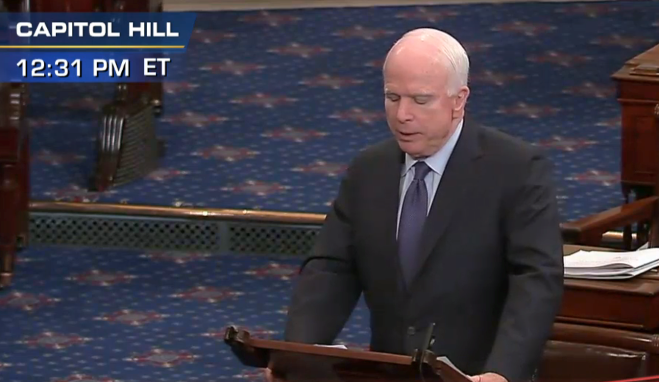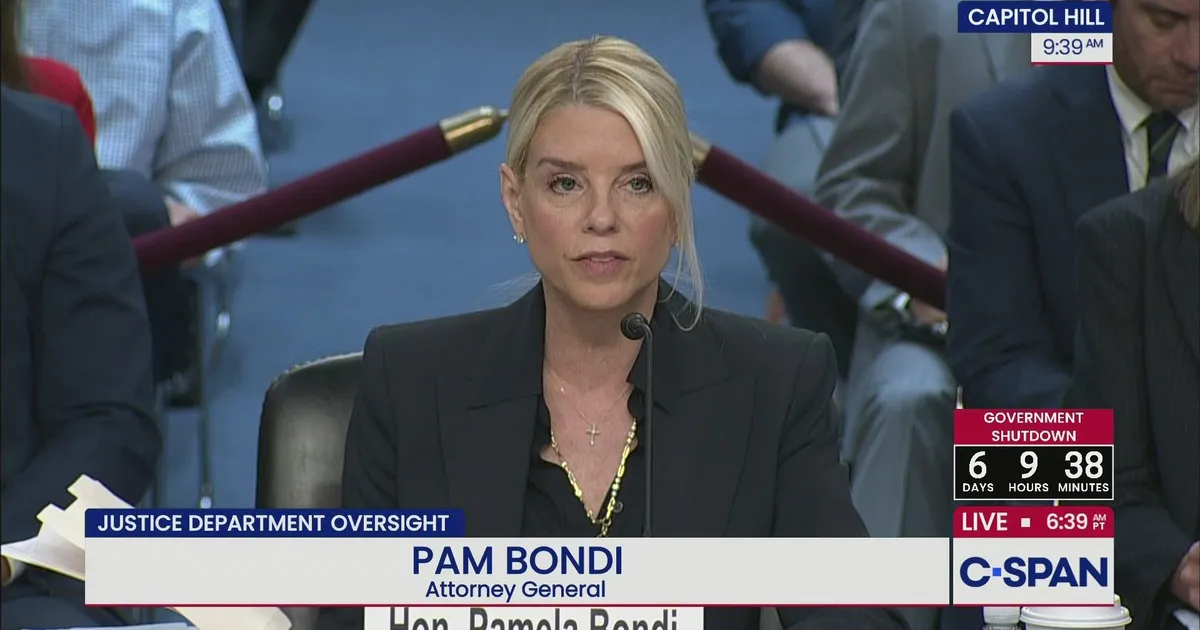A five-year Senate Intelligence Committee investigation examining the Central Intelligence Agency’s role in interrogation tactics against detainees involved in the terrorist attacks on 9/11 was released today and the evidence is damning.

“Based on 6.2 million pages of documents,” TIME magazine reports (Dec.9), photos and other CIA files, the report presents evidence that the agency’s interrogation methods were brutal and possibly illegal, that they were poorly managed, and that the agency misrepresented it to the White House, the Justice Department, Congress and the American people. Ultimately, the Senate Democrats conclude the methods used were not effective, and were not worth the costs to reputation and national security that resulted from the program.”
Senate Committee Chair Dianne Feinstein said, “This document examines the CIA’s secret detention of at least 119 individuals and the use of coercive interrogation techniques—in some cases amounting to torture.”
The Wall Street Journal reported (Dec. 9), that Senate Republicans on the committee disagreed with Feinstein. “We have no doubt, that the CIA’s detention program saved lives and played a vital role in weakening al Qaeda while the program was in operation.”
Nonetheless, the report’s 500 page summary concluded that “the CIA’s rough treatment of detainees didn’t lead to information critical to stopping an imminent terror plot.”
“While the agency cited 20 success stories due to enhanced interrogation techniques,” the Journal report says, “the committee concluded each of those examples was ‘wrong in fundamental respects.’ Information in some cases had been provided before the coercive techniques were used, or the information was provided by other detainees subjected to those techniques.
“The new report cites 20 findings and conclusions, charging that CIA management of the program was ‘deeply flawed,’ and that the program was ‘far more brutal’ than the CIA publicly acknowledged, imprisoning some of its subjects for long periods in coffin-size boxes and subjecting them to painful positions. …
What’s particularly troubling is the finding that “the CIA spent years misrepresenting the program to government officials and others. ‘The CIA provided inaccurate information to the White House, Congress, the Justice Department, the CIA inspector general, the media and the American public,’ according to a summary of the report.”
An editorial accompanying the Journal story (Dec. 9), written by three former CIA Directors, strongly disputes the Report’s findings. “First, its claim that the CIA’s interrogation program was ineffective in producing intelligence that helped us disrupt, capture, or kill terrorists is just not accurate. The program was invaluable in three critical ways:
“• It led to the capture of senior al Qaeda operatives, thereby removing them from the battlefield.
“• It led to the disruption of terrorist plots and prevented mass casualty attacks, saving American and Allied lives.
“• It added enormously to what we knew about al Qaeda as an organization and therefore informed our approaches on how best to attack, thwart and degrade it.”
They also took issue with “the report’s argument that the CIA misled the Justice Department, the White House, Congress, and the American people is also flat-out wrong. Much of the report’s reasoning for this claim rests on its argument that the interrogation program should not have been called effective, an argument that does not stand up to the facts.”
Clearly, the Report will be the subject of all manner of expert and media analysis over the coming days and weeks, and I will closely follow reports. However, the most credible source in Washington who speaks from personal experience remains Arizona Republican Senator John McCain, who said “I rise in support of the release – the long-delayed release – of the Senate Intelligence Committee’s summarized, unclassified review of the so-called ‘enhanced interrogation techniques’ that were employed by the previous administration to extract information from captured terrorists. It is a thorough and thoughtful study of practices that I believe not only failed their purpose – to secure actionable intelligence to prevent further attacks on the U.S. and our allies – but actually damaged our security interests, as well as our reputation as a force for good in the world. …
“The truth is sometimes a hard pill to swallow. It sometimes causes us difficulties at home and abroad. It is sometimes used by our enemies in attempts to hurt us. But the American people are entitled to it, nonetheless.
“They must know when the values that define our nation are intentionally disregarded by our security policies, even those policies that are conducted in secret. They must be able to make informed judgments about whether those policies and the personnel who supported them were justified in compromising our values; whether they served a greater good; or whether, as I believe, they stained our national honor, did much harm and little practical good. …
“I have long believed some of these practices amounted to torture, as a reasonable person would define it, especially, but not only the practice of waterboarding, which is a mock execution and an exquisite form of torture. Its use was shameful and unnecessary; and, contrary to assertions made by some of its defenders and as the Committee’s report makes clear, it produced little useful intelligence to help us track down the perpetrators of 9/11 or prevent new attacks and atrocities.
“I know from personal experience that the abuse of prisoners will produce more bad than good intelligence. I know that victims of torture will offer intentionally misleading information if they think their captors will believe it. I know they will say whatever they think their torturers want them to say if they believe it will stop their suffering. Most of all, I know the use of torture compromises that which most distinguishes us from our enemies, our belief that all people, even captured enemies, possess basic human rights, which are protected by international conventions the U.S. not only joined, but for the most part authored.
“I know, too, that bad things happen in war. I know in war good people can feel obliged for good reasons to do things they would normally object to and recoil from.
“I understand the reasons that governed the decision to resort to these interrogation methods, and I know that those who approved them and those who used them were dedicated to securing justice for the victims of terrorist attacks and to protecting Americans from further harm. I know their responsibilities were grave and urgent, and the strain of their duty was onerous.
“I respect their dedication and appreciate their dilemma. But I dispute wholeheartedly that it was right for them to use these methods, which this report makes clear were neither in the best interests of justice nor our security nor the ideals we have sacrificed so much blood and treasure to defend. …
“Will the report’s release cause outrage that leads to violence in some parts of the Muslim world? Yes, I suppose that’s possible, perhaps likely. Sadly, violence needs little incentive in some quarters of the world today. …
“Obviously, we need intelligence to defeat our enemies, but we need reliable intelligence. Torture produces more misleading information than actionable intelligence. And what the advocates of harsh and cruel interrogation methods have never established is that we couldn’t have gathered as good or more reliable intelligence from using humane methods.
“The most important lead we got in the search for bin Laden came from using conventional interrogation methods. I think it is an insult to the many intelligence officers who have acquired good intelligence without hurting or degrading prisoners to assert we can’t win this war without such methods. Yes, we can and we will. …
“Our enemies act without conscience. We must not. …
“Those of us who give them this duty are obliged by history, by our nation’s highest ideals and the many terrible sacrifices made to protect them, by our respect for human dignity to make clear we need not risk our national honor to prevail in this or any war. We need only remember in the worst of times, through the chaos and terror of war, when facing cruelty, suffering and loss, that we are always Americans, and different, stronger, and better than those who would destroy us.”
More to come.
Comments











